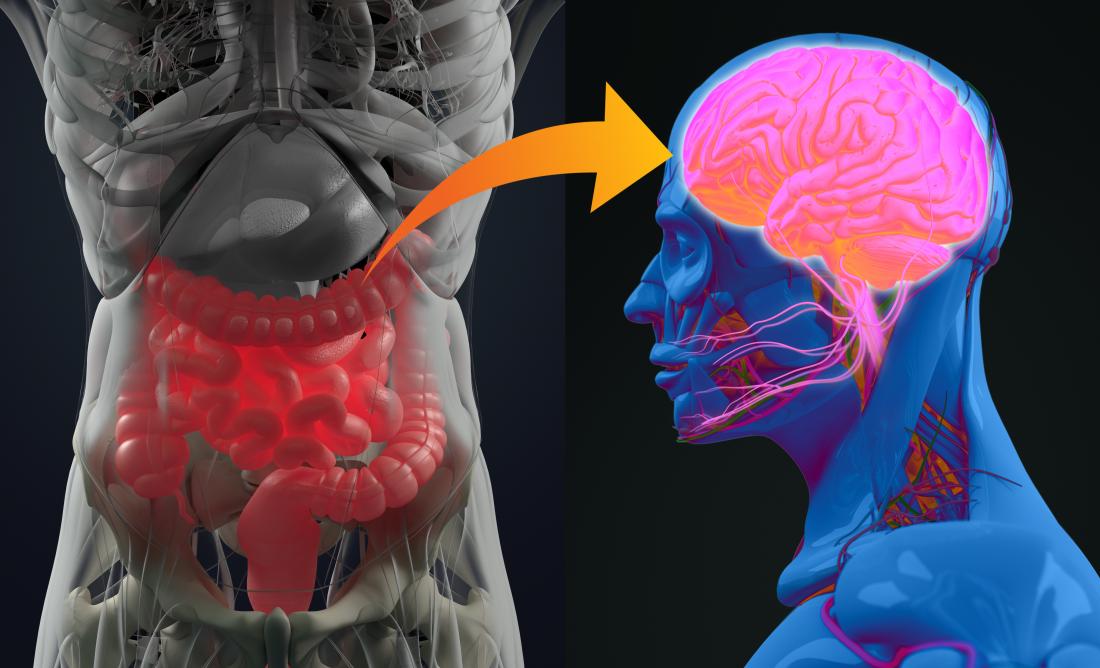A study published by researchers at the University of Central Florida (UCF), suggests a possible connection between autism and processed foods.
The research was published in June of 2019 in the journal, Scientific Reports, and focused on one specific preservative known as propionic acid (PPA), which is ubiquitous in processed foods.

PPA is used to extend shelf life for a variety of different food products, and is also used to prevent mold in most processed breads and cheeses. The study pointed to potential cellular changes that occur when the chemical is present and researchers also observed that this chemical can be passed on from a mother to a child during pregnancy.
Healthcare professionals have long suspected a connection between gastrointestinal problems and Autism Spectrum Disorder (ASD), and other studies have shown that children with autism tend to have increased levels of PPA in their bodies. However, this is the first study of its kind to directly link PPA exposure and autism to specific changes that take place at the cellular level.
Researchers also believe that people with autism have unique gut bacteria, which include, Clostridia, Bacteriodetes, and Desulfovibrio, which are said to be unique to autistic patients.
The most recent study at UCF was led by Saleh Naser, who plans to conduct further studies to confirm and verify her team’s findings.
Naser’s team found that neural stem cells were significantly changed when exposed to high levels of PPA. These changes included cellular damage and inflation, as well as the overproduction of glial cells. Too many glial cells could disrupt the connectivity between neurons, and this process often coincides with a reduction in the number of total neurons.
The study notes that these factors are compounded when a fetus developing in the womb is exposed to PPA.
According to the study:
“Microbiome shift in maternal gut leads to formation of by-product such as PPA which then interferes with neural patterning during the early stages of the fetus’ neural development. This favors glial progenitor cells proliferation and survival leading to increased inflammatory profile and perturbed neural architecture. The data further suggests that such a process is achieved through modulation of PTEN/Akt pathway within the growing glial cells but not neurons.”
PPA is found naturally in the gut in small doses, but if a pregnant woman consumes a lot of processed food that contains the chemical, it could be causing cellular changes for both her and the fetus.
According to the Centers for Disease Control (CDC), Autism spectrum disorders currently affect about 1 in 59 children, but it is likely that far more go undiagnosed, because professionals are just beginning to understand the condition and learning how to identify it. It is also important to note that a variety of factors contribute to this condition, and it is not something that can be traced to one specific cause, although this recent study does add one more piece to the puzzle.
By John Vibes | TruthTheory.com | Republished with permission






